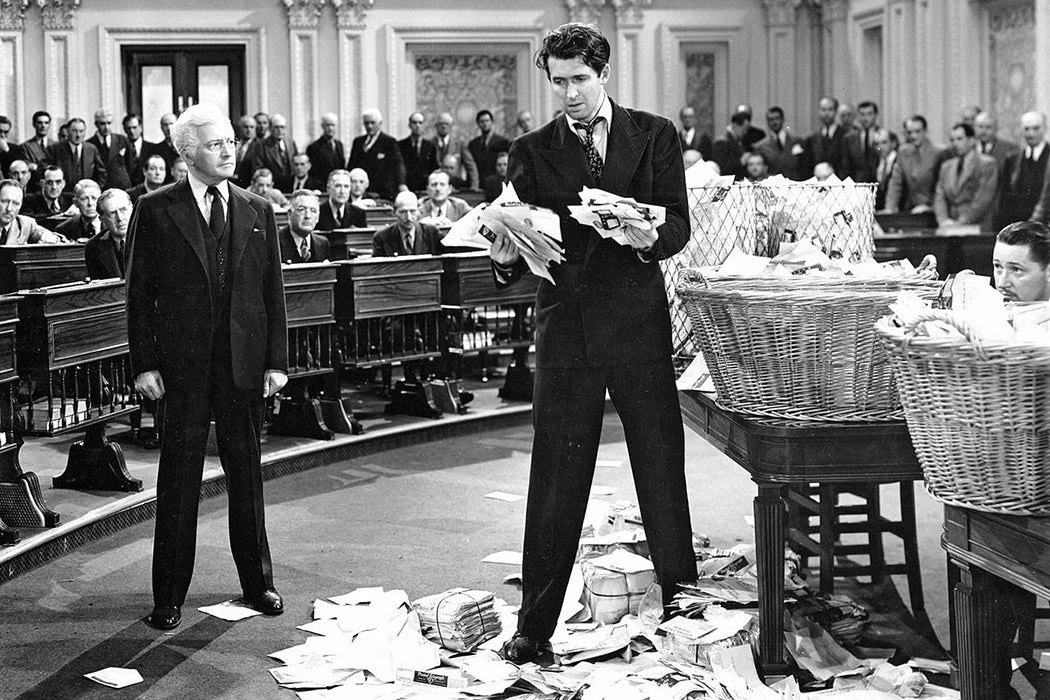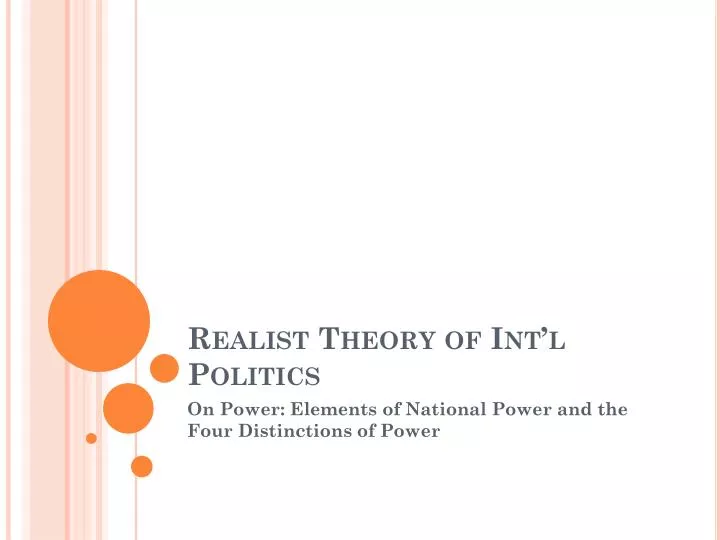Sports Cars: Passion Purchase or Practical Investment?
Sports cars: passion purchase or practical investment?
The allure of a sports car is undeniable. The sleek lines, the roar of the engine, the head turns presence on the road — these machines represent freedom, power, and status. But beyond the glamour and excitement lie a practical question many potential buyers struggle with: are sports cars really worth the investment?
What define a sports car?
Before determine if sports cars are worth it, we should establish what qualify as a sports car. Typically, these vehicles feature:
- High performance engines
- Aerodynamic design
- Enhanced handling capabilities
- Lower, more aggressive stance
- Focus on driver experience over practicality
From Porsche 911s and Chevrolet corvettes to Ferrari 488s and Lamborghini Huracán, sports cars prioritize performance and drive dynamics above all else.
The financial reality of sports car ownership
Purchase price
The about obvious consideration is the initial cost. Entry level sports cars typically start around $30,000 $40,000, while hhigh-endexotic models can well exceed $$200000. This rerepresents significant premium over conventional vehicles with similar passenger and cargo capacity.
For example, a Toyota Camry might cost $25,000 $35,000, while a pPorsche718 cayman start around $$60000 for what’s basically a twtwo-seatehicle with limited trunk space.
Depreciation
Most sports cars depreciate speedily in their early years. A typical luxury sports car can lose 20 30 % of its value in the first year solely. Nonetheless, this isn’t universal — certain models from manufacturers like Porsche and limited edition vehicles can hold their value advantageously or regular appreciate.
Classic sports cars that will achieve collector status may finally will increase in value, but will predict which modern sports cars will become valuable classics will require market knowledge and some luck.
Insurance costs
Insurance for sports cars typically cost 30 50 % more than for standard vehicles. This premium reflects:
- Higher repair costs
- Greater theft risk
- Increase accident probability due to performance capabilities
- Higher replacement value
For younger drivers, insurance costs can be especially prohibitive, sometimes exceed $3,000 $5,000 yearly for high performance vehicles.
Maintenance and repairs
Performance orient engineering oftentimes mean higher maintenance costs. Sports cars typically require:
- Premium fuels
- Specialized synthetic oils
- Performance tires that wear fasting and cost more
- More frequent servicing
- Specialized parts that carry premium pricing
A simple brake job on a Porsche 911 might cost $1,500 $2,500, compare to $$300$700 for a standard sedan. Annual maintenance for exotic sports cars can eaeasilyxceed $5,000 $10,000.
The practical considerations
Daily usability
Sports cars present several practical challenges for everyday use:
- Limited passenger capacity (typically two seats )
- Minimal cargo space
- Lower ground clearance that can be problematic on rough roads
- Stiffer suspension that make for a less comfortable ride
- Poor fuel efficiency compare to standard vehicles
These limitations make sports cars less practical as primary vehicles for families or those who regularly transport passengers or cargo.
Weather limitations
Many sports cars perform badly in adverse weather conditions. Rear-wheel drive sports cars can be especially challenging in snow and ice. While some modern sports cars offer all-wheel drive systems, their low ground clearance and performance orient tires notwithstanding limit their capability in severe weather.
Fuel economy
With powerful engines prioritize performance over efficiency, sports cars typically achieve 15 25 MPG combine, compare to 30 40 MPG for modern sedans. This difference amount to $1,000 $2,000 in additional fuel costs yearly for many drivers.
The intangible benefits
Drive experience
The primary value proposition of a sports car is the drive experience. The precise steering, responsive throttle, powerful acceleration, and corner capabilities deliver a level of engagement that standard vehicles plainly can’t match.
For enthusiasts, this experience represents the core value of sports car ownership. The feeling of connection between driver and machine create moments of joy that transcend practical considerations.
Emotional satisfaction
Sports cars much fulfill emotional and psychological needs beyond transportation:
- Pride of ownership
- Expression of personal identity
- Achievement of a lifelong dream
- Membership in enthusiast communities
- Stress relief through drive enjoyment
These emotional benefits are difficult to quantify but represent real value for many owners.
Status and image
Sports cars undeniably convey status and success. For some buyers, this social signaling is an important benefit, potentially yield advantages in business, social, or romantic contexts.
Nonetheless, this benefit varies greatly depend on social circles and personal values. In some communities, an expensive sports car might be view negatively as ostentatious or environmentally irresponsible.
Smart approaches to sports car ownership
The weekend car strategy
Many enthusiasts maximize the value of sports car ownership by use them as secondary vehicles. This approach:
- Preserve the vehicle’s condition and value
- Reduce annual mileage and associated costs
- Avoid practical limitations for daily tasks
- Create special occasions for enjoy the drive experience
This strategy require sufficient income to maintain multiple vehicles but offer the best of both worlds.
Buy use
Purchase pre own sports cars can dramatically reduce the financial impact:
- The first owner absorbs the steepest depreciation
- Many 3 5-year-old sports cars retain their performance characteristics
- Certified pre own programs can provide warranty protection
For example, a three-year-old corvette might sell for 30 40 % less than its original price while deliver most identical performance and features.

Source: topspeed.com
Leasing options
Leasing can make sports car ownership more accessible by:
- Reduce monthly payments compare to finance a purchase
- Eliminate concerns about long term depreciation
- Provide warranty coverage throughout the ownership period
- Create opportunities to experience different models over time
Notwithstanding, leases typically come with mileage restrictions that can limit the enjoyment of the vehicle.
Sports cars as investments
Collector potential
While most sports cars depreciate, certain models appreciate importantly over time. Characteristics that contribute to collector value include:
- Limited production numbers
- Historical significance
- Innovative technology or design
- Association with race success
- Final editions of iconic models
Models like the Ferrari 250 GTO, Ford GT, and certain Porsche 911 variants have delivered exceptional returns for owners who purchase them before they achieve collector status.
Identify future classics
Spot potential future classics require research and understanding of market trends. Current production vehicles with investment potential much include:
- Limited edition performance variants
- Final model years of iconic designs
- Vehicles with unique or groundbreaking powertrains
- Cars represent the end of an era (like high performance internal combustion engines in aaprogressively electric market ))
Yet, purchase sports cars strictly as investments carry significant risk and require expert knowledge.
Alternatives to ownership
Rental experiences
For occasional enjoyment without the commitment, consider:

Source: topspeed.com
- Exotic car rentals (typically $$500$2,000 per day ))
- Track experiences with professional instruction ($$300$1,000 ))
- Drive clubs that offer access to multiple performance vehicles
These options provide the thrill of sports car drive without the ongoing costs and responsibilities of ownership.
Fractional ownership
Some companies offer share ownership programs where members purchase a share of a vehicle or fleet. This approach reduce costs while provide schedule access to high-end sports cars.
Who should buy a sports car?
Ideal candidates
Sports car ownership make the most sense for individuals who:
- Have sufficient disposable income to absorb the additional costs
- Truly enjoy performance drive
- Have alternative transportation for practical needs
- Live in areas with good driving roads and favorable climate
- Are past the age where insurance premiums are prohibitively expensive
Red flags
Sports car purchases deserve extra scrutiny if you:
- Need to stretch your budget importantly to afford the purchase
- Have no interest in vehicle maintenance
- Require regular transportation for more than two people
- Live in areas with extreme weather conditions
- Have limited parking or garage space
Make the decision
The value equation
Finally, the worth of a sports car depend on how you value different factors:
- Financial considerations (purchase price, operating costs, depreciation )
- Practical limitations (passenger capacity, cargo space, comfort )
- Emotional benefits (drive enjoyment, pride of ownership, status )
- Opportunity costs (what else you could do with the money )
For passionate enthusiasts who can well afford them, sports cars oftentimes prove worthwhile despite their premium costs. The joy they deliver on a wind road or track day create memories and experiences that justify the expense.
A balanced approach
For many buyers, the virtually satisfying approach involve:
- Set a realistic budget that doesn’t compromise other financial goals
- Consider pre own vehicles to reduce financial impact
- Research maintenance costs and plan consequently
- Test drive multiple options to find the best match for your preferences
- Have practical transportation alternatives for situations where the sports car isn’t ideal
Conclusion
Are sports cars worth it? The answer vary greatly depend on individual circumstances, preferences, and values.
From a strictly financial perspective, sports cars seldom make sense — they cost more to buy, operate, insure, and maintain than conventional vehicles while typically depreciate immobile.
From an emotional and experiential standpoint, nonetheless, they offer unique pleasures that many owners find invaluable. The visceral thrill of acceleration, the precision of an utterly execute corner, and the pride of ownership create moments of joy that transcend practical considerations.
The virtually satisfied sports car owners approach the purchase with clear eyes — understand the costs and limitations while value the unique experiences these vehicles provide. For them, the question isn’t whether sports cars are worth it in some objective sense, but whether the specific joy of sports car ownership aligns with their personal values and priorities.
If you find yourself draw to sports cars, take time to experience them through rentals or track days before commit to purchase. This approach will help will ensure that when you do take the plunge, you’ll do therefore with realistic expectations and a clear understanding of the value these special machines will bring to your life.


